Fears regional war ‘is here’ in Middle East one year after October 7 attacks against Israel
It has been exactly one year since Hamas’s horrific attacks on Israel. And now, a regional war is “no longer imminent – it is here”.
World
Don't miss out on the headlines from World. Followed categories will be added to My News.
A year ago, Palestinian terrorists launched an attack into the heart of Israel. The death toll included 695 Israeli civilians (including 36 children), 373 security forces and 71 foreign nationals. Another 250 were taken hostage.
Now, Hamas’s political leader is dead and its military leader is missing.
The supreme leader of Hezbollah has been assassinated.
And Iran’s president was killed in a helicopter crash.
So only Israel’s Prime Minister Benjamin Netanyahu remains on the chessboard of post-October 7 massacre players.
But less than half of Netanyahu’s electorate is firmly behind him. And many of those have their knives out.
This poses the question: How long can Netanyahu cling to power?
Balance of power
“Those who strike at us, we will strike at them,” Netanyahu declared last weekend.
“There is nowhere in Iran or the Middle East beyond the reach of the long arm of Israel, and today, you know how true that is.”
A month ago, Netanyahu was under pressure from US President Joe Biden to accept a negotiated ceasefire. The world was clamouring for the release of humanitarian aid for the bombed-out civilians of Gaza. Israeli protesters were demanding he secure a deal to release surviving hostages and call fresh national elections.
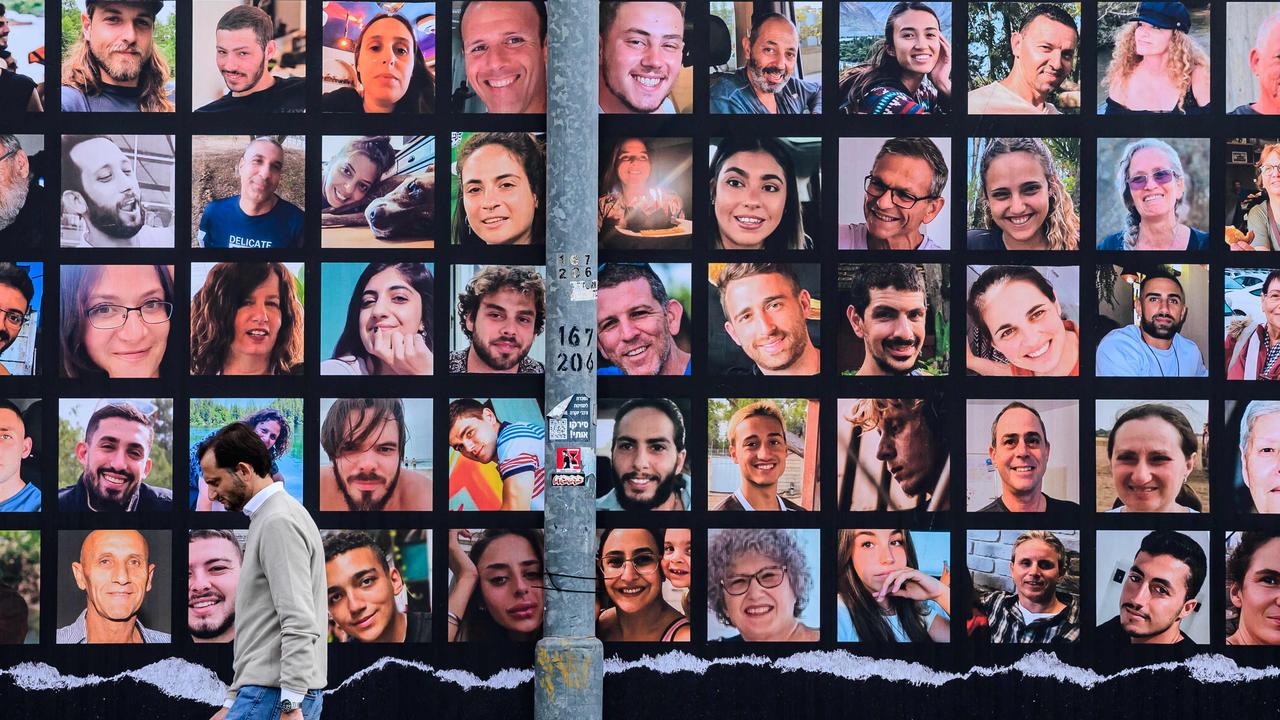
His ultranationalist coalition government was in trouble.
“(Netanyahu’s) public diplomacy appears unable to compete with the daily images of death and destruction and testimonies of humanitarian personnel and Palestinians emanating from Gaza,” argues Dr James Dorsey, an international studies expert at Singapore’s Nanyang Technological University.
But all that has been overshadowed by Iran’s massive ballistic missile assault this week.
“A regional war is no longer imminent – it is here,” Dr Dorsey adds.
“The conflict that began in Gaza nearly a year ago has expanded across the Middle East, with Israel fighting countries and groups far from its borders. It also has global implications.”
It’s not unexpected.
“The conflict in the region is really going according to Netanyahu’s playbook,” argues Haaretz editor David Rosenberg.
“He has been advocating for hitting Iran and for the United States to target Iran. Now, Israel has the justification to retaliate against Iran and also drag the United States into the conflict.”
Mission accomplished
“The Israeli assassination of Hezbollah leader Hassan Nasrallah last week made a lot of Israelis happy – but probably no one quite as much as Benjamin Netanyahu,” adds Rosenberg. “His joy marks a sudden reversal after the most difficult year in his political career.”
Netanyahu has failed to deflect responsibility for the surprise Hamas October 7 massacre.
He’s blamed the Israeli intelligence agencies. He’s blamed the military leadership. But it was he who ordered Israeli troops off the border with Gaza to help secure illegal Israeli settler activity in the occupied West Bank.
And his invasion of Gaza has dragged on.
“Polls showed the public had little confidence in the prime minister’s ability to lead the country,” Rosenberg explains.
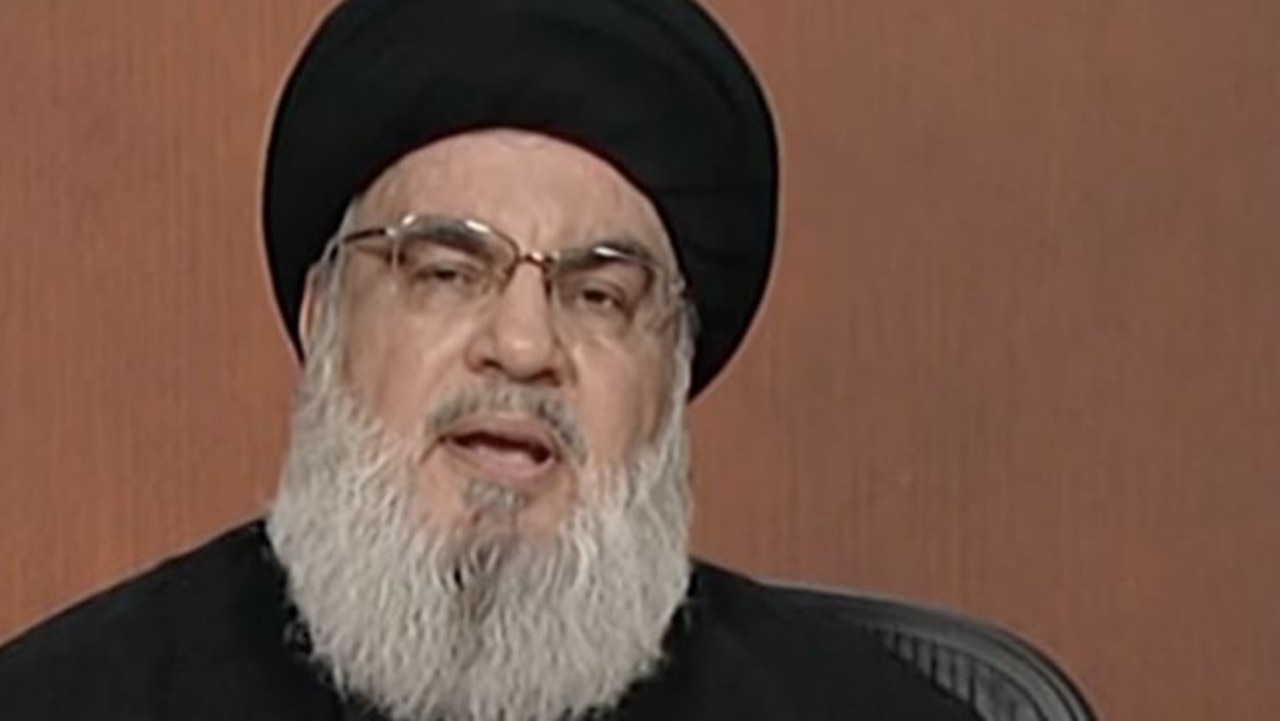
“Other polls predicted that his religious-right coalition would lose power in a new election.”
But then came the exploding pager attack on Hezbollah’s leadership.
A day later, its walkie-talkie network erupted in flames.
Then, Hezbollah secretary-general Hassan Nasrallah was killed in his bunker under suburban Beirut.
Netanyahu has taken all the credit.
“I came to the conclusion that the powerful blows that the IDF has been landing on Hezbollah in recent days were not enough,” he told media after the attacks.
“Therefore, I gave the directive.”
Netanyahu has a problematic relationship with his military and intelligence command.
Many of them led resistance against his government’s moves to undermine the power of the Supreme Court to hold elected representatives to account.
But now he needs them to win his war.
“Netanyahu has been able to assume his old mantle of Mr Security – the leader who, like no other, can keep Israel’s enemies at bay – a modern-day Winston Churchill,” Rosenberg writes.
“If the triumphs of the past two weeks aren’t the ‘total victory’ that the prime minister has been promising, they add up to a military and intelligence achievement of perhaps historic dimensions.”
Supreme Leader
Iran’s new President Masoud Pezeshkian says Israel will face harsh consequences if it retaliates for the missile strike – itself retaliation for Israeli attacks on Iranian sovereign territory, which were in turn retaliations for supporting Hamas and Hezbollah.
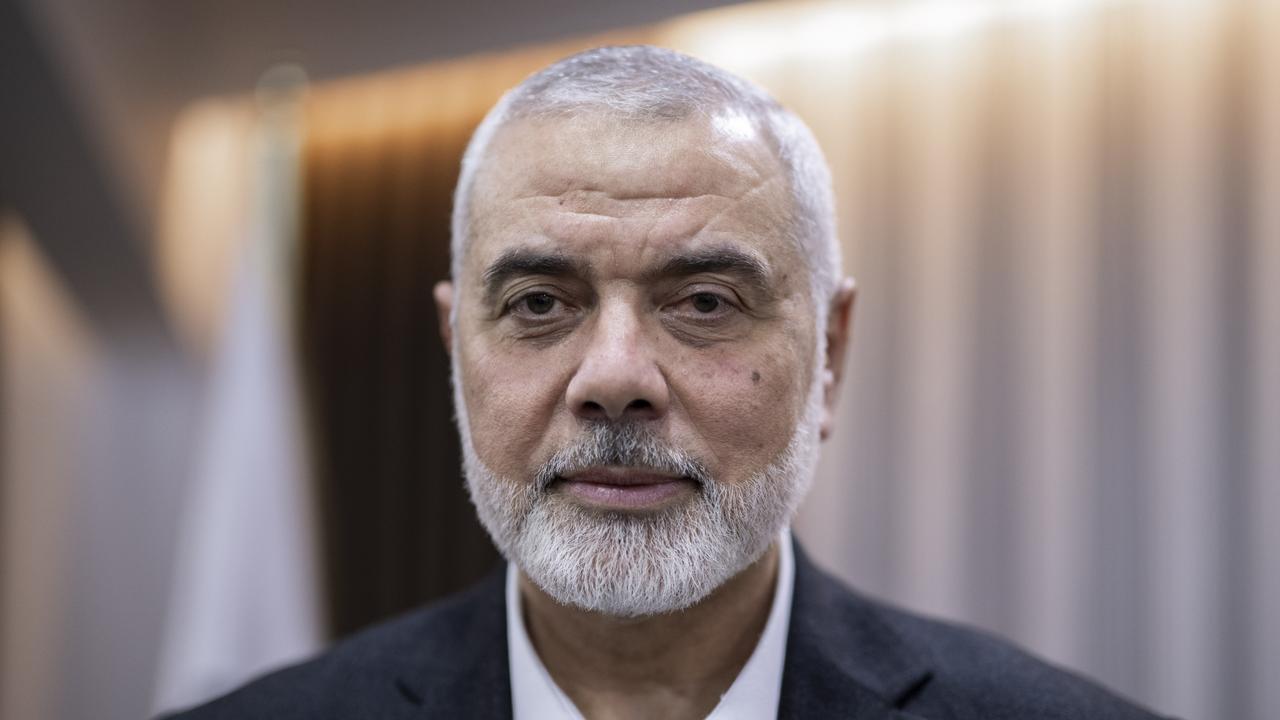
“If the Zionist regime (Israel) does not stop its crimes, it will face harsher reactions,” he said as he boarded a plane for Qatar on Wednesday, where he hoped to discuss “how Asian countries can prevent Israeli crimes in the region …. and prevent enemies from causing uproar in the Middle East”.
Pezeshkian is seen as something of a moderate in Iran. He took over in July from his predecessor, who died in a helicopter crash. On the day of his inauguration, Israel assassinated Hamas political leader Ismail Haniyeh who was in Tehran as a guest of the state.
“Ultimately, though, it’s not the president who calls the shots in Iran – it is Supreme Leader Ayatollah Ali Khamenei and the Supreme National Security Council who consider matters of war and peace and decide on the course of action,” says Deakin University analyst Shahram Akbarzadeh.
On Monday, Netanyahu put Iran’s leadership firmly in his sights.
“When Iran is finally free, and that moment will come a lot sooner than people think — everything will be different,” he said in a video statement.
“Our two ancient peoples, the Jewish people and the Persian people, will finally be at peace. Our two countries, Israel and Iran, will be at peace.”
It’s an ambitious new war objective.
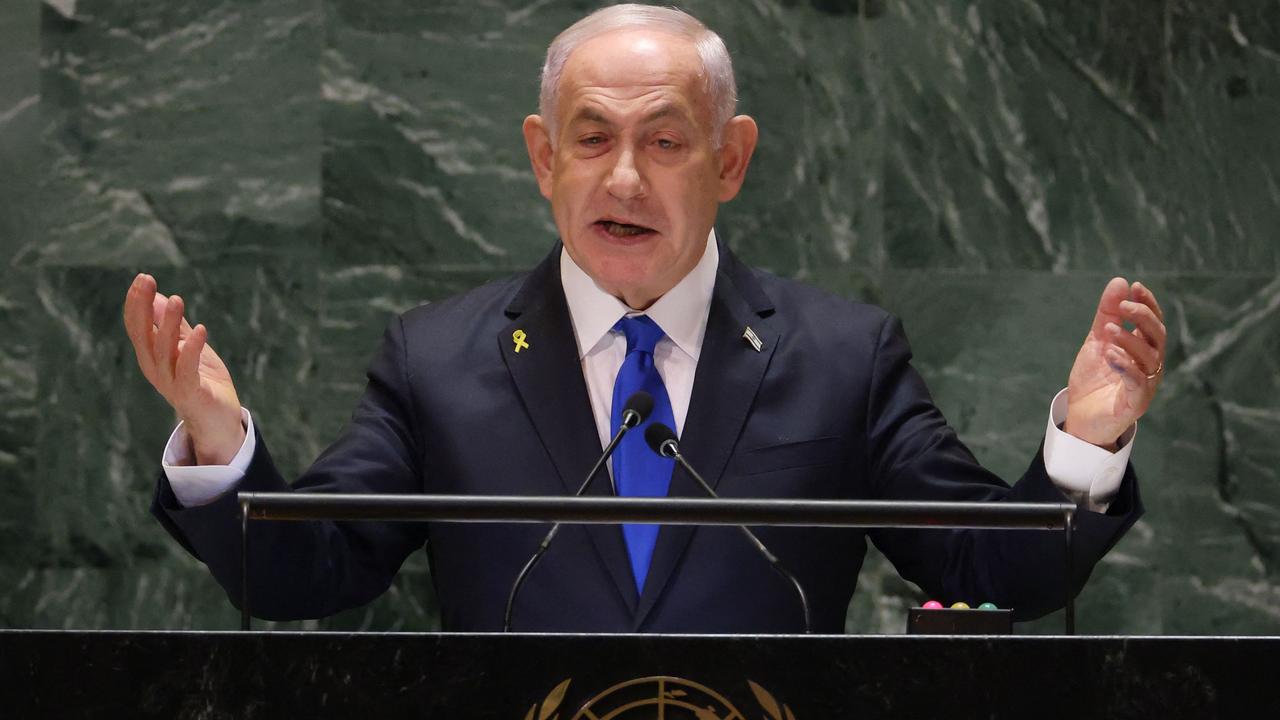
And Iran isn’t taking any chances.
It has rushed Supreme Leader Khamenei to a “secure position” to evade any Israeli assassination attempt.
Israel’s prime minister, in the meantime, has delayed – if not deflected – an anticipated political assassination.
“Netanyahu looks more securely in power than he has at any time in the past year,” adds Rosenberg.
“Yet the politics of October 7 may very well frustrate his ambitions.”
Messianic ambitions
“Netanyahu has a reputation for having never supported a two-state outcome, believing rather in the eventual federation with or annexation of Palestine into a Greater Israel,” argues former Australian diplomat Ian Dudgeon.
Netanyahu – and, more importantly, his ultranationalist backers – believe in a Jewish state extending from “the river to the sea”.
In a recent address to the United Nations, Netanyahu did not name Gaza or the West Bank. Instead, he called them biblical “Judea and Samaria” to emphasise Israel’s religious claims to them.
“Other evidence of his support for Greater Israel is the rate at which he has allowed illegal Israeli settlements to expand throughout the West Bank and Jerusalem,” Mr Dudgeon adds.
For Netanyahu, it’s a matter of political survival.
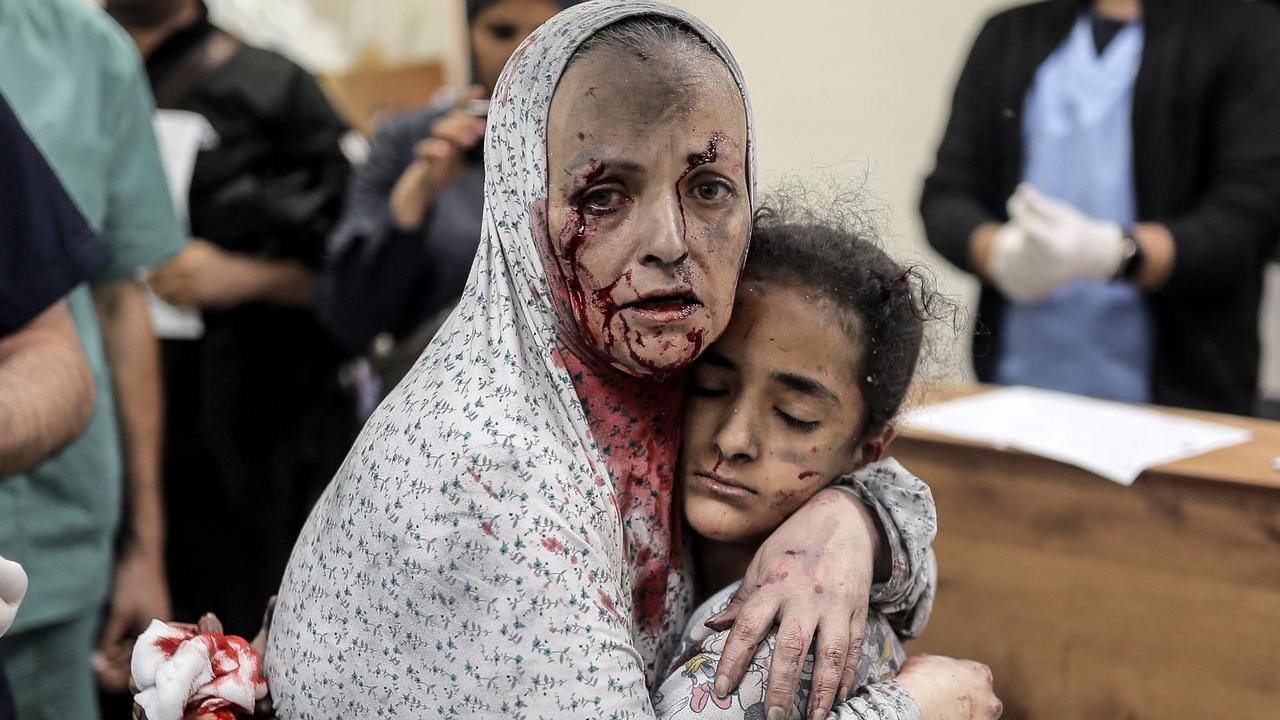
His Likud Party failed to secure power in successive 2021 and 2022 national elections.
“Netanyahu made a Faustian bargain with several right-wing nationalist parties to regain the prime ministership,” says Dr Martin Kear, an international security analyst at the University of Sydney.
“In return for entering his coalition, Netanyahu agreed to pursue the nationalists’ political agenda.”
His freedom was at stake.
He had been summoned to trial on charges of fraud, breach of trust and corruption in 2020.
“Since the allegations became public, Netanyahu has tried various political manoeuvres to avoid fronting court and a potential guilty verdict and likely jail sentence,” Dr Kear adds.
Before the October 7 attack, Israel was in uproar.
Tens of thousands took to the street. Military units went on strike. Military, religious, judicial and diplomatic leaders were in open dispute.
Netanyahu’s government had introduced legislation to give it control over Israel’s Supreme Court. But Israel has only one house of parliament – the Knesset. And the Supreme Court is the only source of any checks and balances over its power.
“It was only when Hamas attacked on October 7 that Netanyahu’s government gained some reprieve,” Dr Kear states.
War emergency
Israel formally declared war after the October 7 attack.
This is something it hasn’t done since 1967.
Then, prime minister Levi Eshkol drew all of Israel behind him by forming a national unity government with opposition parties.
Now, Prime Minister Netanyahu has not.
And despite the divisive politics of his closest allies, it appears to be working.
“Netanyahu and his government are unpopular, but their hold on power is secure,” says Duke University Associate Professor Shai Ginsburg.
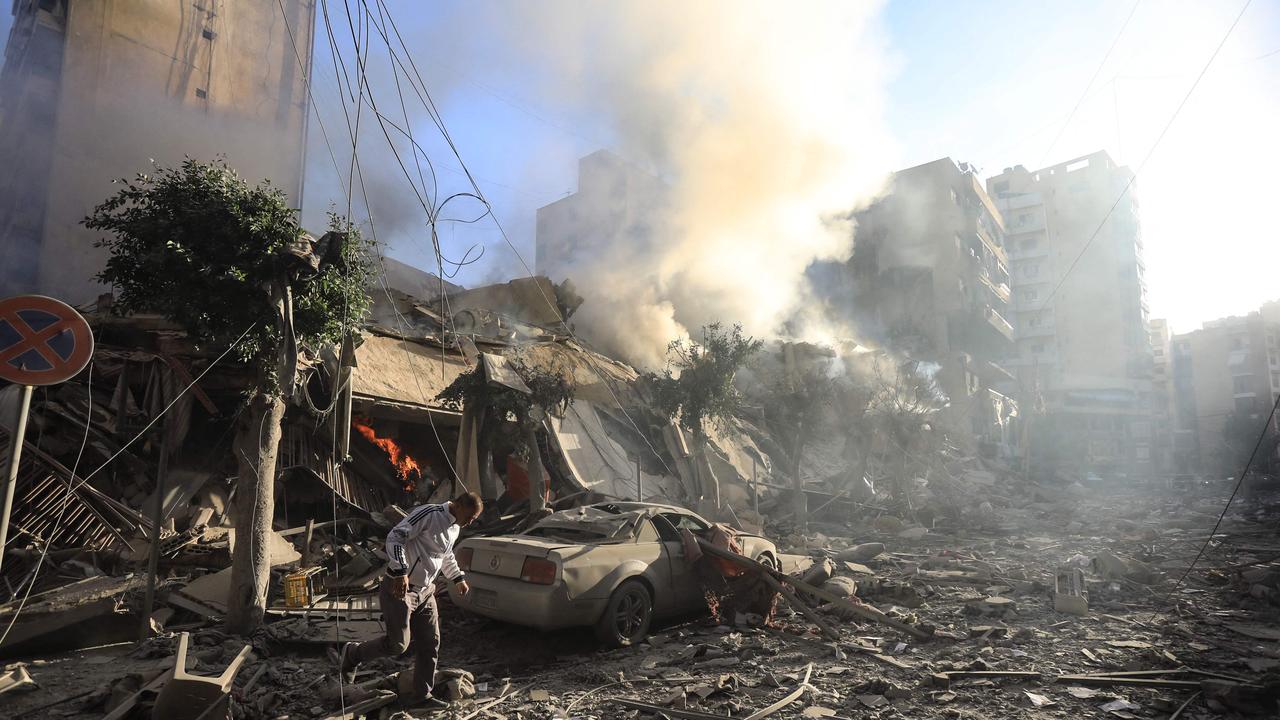
“They enact policies that many Israeli Jews, though not Israeli Palestinians, support, whether implicitly or explicitly.
“Internal tensions within Netanyahu’s coalition — such as those between the ultra-Orthodox and ultranationalist factions — could potentially bring it down. Yet each of those parties has a vested interest in its survival.”
The October 7 terror attack was a profound blow to Netanyahu’s carefully crafted self-image.
“Throughout his political career, Netanyahu has always portrayed himself as being the only politician capable of ensuring the safety and security of Jews and the state of Israel.”
The stunning military and assassination victories of recent weeks may have gone some way to undo that damage. But Netanyahu remains immensely vulnerable.
The war against Hamas in Gaza has not gone well.
Israel has been attacked almost daily by Hezbollah’s rockets.
Now, Iran has upped the ante with ballistic missiles.
“Direct conflict between Israel and Iran could bolster Netanyahu at a time when he has lost the trust of Biden, his fellow cabinet ministers, and much of the Israeli public,” argues International Crisis Group senior analyst Mairav Zonszein.
“The US government is not going to seriously consider conditioning aid to Israel in the middle of this debacle. Instead of isolating and alienating Netanyahu, which seemed to be the trend, Washington must now engage and deepen co-operation with him.”
For Netanyahu, peace would mean elections.
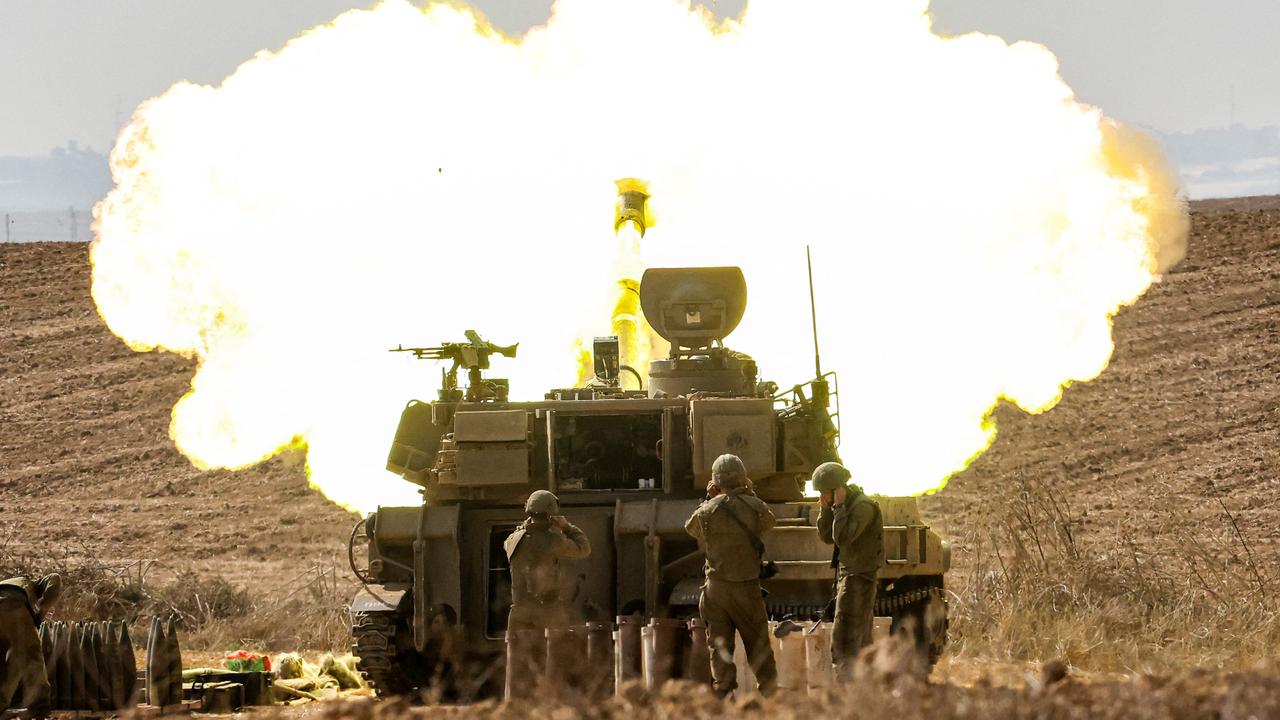
Recent polls spell profound defeat.
“Unable to influence the political and judicial process, Netanyahu would find himself at the mercy of the justice system he sought to undermine,” adds Mr Dudgeon.
“Consequently, Netanyahu is determined to do whatever is necessary to remain in power.”
Struggle for survival
“Many Israelis and Jews have bought Prime Minister Benjamin Netanyahu’s narrative that Israel, surrounded by forces seeking its destruction, stands alone in a global environment populated by anti-Semites,” argues Dr Dorsey.
“It’s a worldview that exists in a vacuum. It fails to acknowledge that refusing to grant others the dignity and rights one claims for oneself bears risks.”
It’s an inherent contradiction in Netanyahu’s stance that risks undoing decades of work to win the support of local Arab nations.
At a recent United Nations assembly, Jordanian foreign minister Ayman Safadi expressed his concerns.
“The Israeli Prime Minister came here today and said that Israel is surrounded by those who want to destroy it,” he said.
“We’re here — members of the Muslim-Arab committee, mandated by 57 Arab and Muslim countries — and I can tell you very unequivocally, all of us are willing to guarantee the security of Israel in the context of Israel ending the occupation and allowing for the emergence of a Palestinian state.”
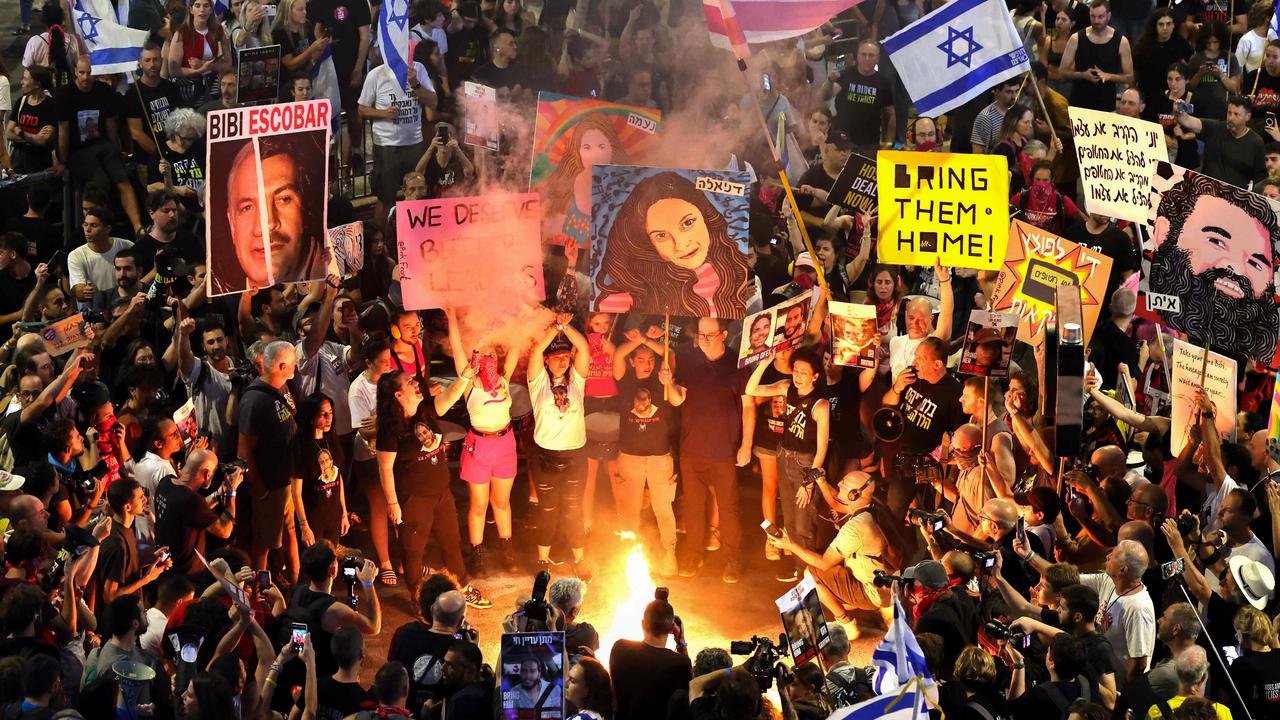
Painting them all as existential threats was a dangerous ploy, Safadi added.
“Do they have a narrative other than ‘I’m going to continue to go to war and kill this and kill that’? Ask any Israeli official what their plan is for peace. You’ll get nothing because they’re only thinking of the first step – we’re going to destroy Gaza, inflame the West Bank, destroy Lebanon. After that, they have no plan,” he said.
“We have a plan. We have no partner for peace in Israel.”
Meanwhile, the death toll in Gaza – now standing at about 42,000 (of which Israel admits only one quarter are Hamas militants) – is being added to by a death toll in Lebanon.
And the integrity of Netanyahu’s hostage and ceasefire negotiations have been shattered.
The path ahead remains fraught with political danger.
“The coalition may yet be brought down before the next scheduled election in October 2026 by the unresolved controversy over drafting the ultra-Orthodox,” concludes Rosenberg.
“But for now, despite its immense unpopularity and abysmal record, it may just hang on.”
Jamie Seidel is a freelance writer | @JamieSeidel
More Coverage
Originally published as Fears regional war ‘is here’ in Middle East one year after October 7 attacks against Israel









